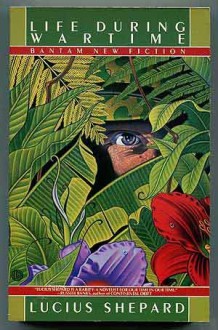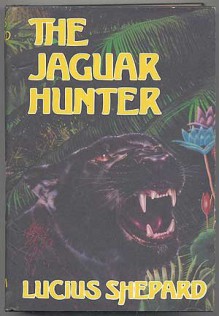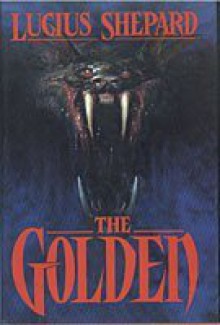
(#60 - 2014#). Published in 2011.
This kind of book epitomizes the reason why I prefer SF above anything else, reading-wise.
In my last book review ("The Burning Room" by Michael Connelly), I ranted about the likeness of (some) novels in the SF field.
Most of the novels of today are dull, uninspired, lifeless and more-of-the-same. This is the state of the art nowadays. And then there are short stories…
If books were bricks, short stories would be pebbles, every one of them totally different. A pebble can be polished until it becomes a ruby, and each one is unique, just like a short story.
I’ve always thought writing short stories is more difficult than writing novels: word for word, page for page, they are just far more difficult to write (I’ve got a writer-friend, Álvaro Cordeiro, and I’m always amazed at the way he produces short story prose out of the blue; his short story prose is always asking for something more, ie, we can sense a novel wanting to come out).
The feeling I have while reading McHugh, Cadigan, Shepard, and Cordeiro tells me there’s something here to be learned. In a short story every word is paramount; every phrase, every sentence, every paragraph. Because they are short, this kind of stories have to be polished until “perfection” is within reach. Such “perfection” is much more difficult to attain with novels, where writers can easily afford to waste words, to go in pursuit of the writing Nirnava. That’s why we have bloated novels. The writer of novels is more prone to get lost, because he goes wandering away for several pages, even chapters (I could name a few books, but I won’t…), before returning to the story.
With every passing year, novels grow longer and longer, their themes and ideas stretched ever more thinly. SF novels are beginning to resemble real bricks.
Maureen F. McHugh belongs to the Pat Cadigan, Lucius Shepard, and Greg Egan lineage. They write short fiction of the best kind (even though they also write wonderful novels).
I’m a huge fan of clean, evocative prose. A killer eye for detail is not to be dismissed as well. McHugh’s sympathetic, and humorous view into the human condition, gave me a crafted work of speculative fiction about what humanity might stand to lose (or maybe gain), when we are faced with the burdens of the end times already rearing their ugly heads. Her characters are astute, funny and absolutely believable.
The stories included in this collection are:
“The Naturalist”: Zombies in Cleveland. The story is far above the quality of most zombie fiction I’ve ever read elsewhere;
“Special Economics”: Not much originality here but the execution is top-notch;
“Useless Things” (perfect Story; the best short story in the collection): An unnamed woman builds “reborns,” dolls that look like newborn infants. “The point is to make them look almost, but not quite real;
“The Lost Boy: A Reporter at Large”: Dissociative fugues. Fugue states in fiction. One word: “wonderful”;
“The Kingdom of the Blind”: AI is rampant here. Wonderful characterization. When a cold backup restore takes place, this fact alone will be apocalyptic to an AI machine. The most interesting part of the story is the interaction between the female programmer and the men around her;
“Going to France”: Borges' magic realism raises its head here. One of the best treatments of magic realism in SF I’ve ever read. A woman who gives aid to some folks “flying” to France;
“Honeymoon”: The destruction of dreams on a devastating level;
“The Effect of Centrifugal Forces”: Families may not be able to look after parents as their mental faculties disintegrate. This is a powerful and sad story;
“After the Apocalypse”: It’s about biding ties that sometimes fail to bind.
For me there’s always something of Philip K. Dick about the way Mchugh writes fiction. For starters McHugh does not write about heroes, and she doesn’t go for the unexpected twist, so common in fiction nowadays. By just introducing a minor reality displacement to her ordinary characters, going about their business, we are able to read something truly different. McHugh’s minimalist style, grounded in reality is what makes the difference for me.
There really isn’t a bad story here, which is extremely rare for a collection of short stories (be it SF or otherwise).
I’ve always believed that SF is not (only) about the future. “After the Apocalypse” is about what comes “after”, ie, it’s all about us.
This is the kind of book that still makes me believe there’s Story in SF.
NB: Too bad Maureen F. McHugh isn’t more prolific. For me, she’s got a 2 out of 2 5-star rating review (the other being “China Mountain Zhang” – vide review here).
SF = Speculative Fiction.


 Log in with Facebook
Log in with Facebook 









